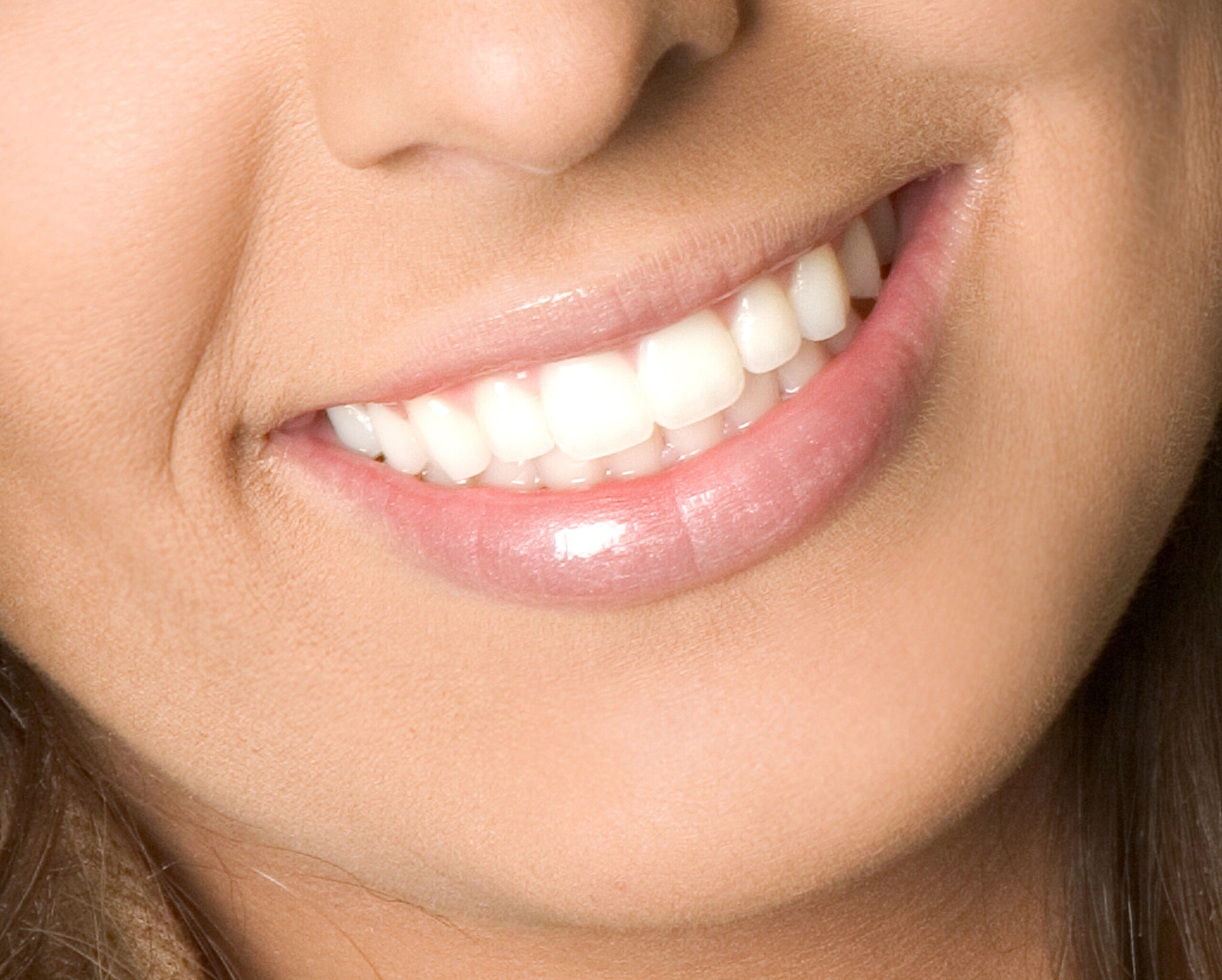- Why you should replace missing teeth
- What are my options for replacing missing teeth?
- Caring for your new teeth
Everyone loves to share a big, beautiful smile with healthy teeth that light up the room. However, having a missing tooth can inhibit our desire to smile, potentially contributing to feelings of shame and low self-esteem. This does not just apply to the front teeth, as even your molars and other back teeth support the rest of your smile and, if missing, can cause shifting and a crooked appearance in your front teeth.
However, the reasons for replacing a missing tooth as soon as possible go beyond aesthetics to help protect one’s overall health and well-being.
Why you should replace missing teeth
You might be tempted to think, “Why replace a missing tooth? I’ve still got over 30 or more other teeth that can chew food.” The truth is that every tooth has a function, and that hole in your smile might lead to some regrettable outcomes, such as:
Shifting teeth
If there is a gap in your smile, the surrounding teeth will begin to shift to fill the empty space. This movement causes a misaligned bite that can trigger issues with the jaw hinge as it tries to adjust to fit the bite together.
The strain on the jaw from misaligned teeth can result in pain and reduced jaw movement, a condition known as TMD (Temporomandibular joint dysfunction). You may also start grinding your teeth as a result of the misaligned bite, which can lead to a whole host of other problems, such as enamel erosion and chipped teeth.
Reduced chewing ability
Your jaw was designed to work with a complete set of teeth. Missing teeth can greatly disrupt your ability to chew food properly.
Also, there is a chance that the tooth opposite the missing tooth (in the upper or lower jaw) can grow into the empty space, a condition known as over-eruption. This will throw your bite alignment off, further impacting your ability to chew properly.
Loss of bone density
Bones are like muscles in that if they are not used regularly, they can begin to atrophy. Your jawbone is stimulated when you bite and chew, and if you are missing a tooth, nothing activates the underlying bone. If the tooth is not replaced, the bone will begin to deteriorate.
Should you decide to replace the missing tooth with an implant, it will need a healthy bone to attach properly. Low bone density will make the attachment more difficult, so it is best to perform the procedure before the bone has a chance to atrophy.
What are my options for replacing missing teeth?
The first step in replacing missing teeth is to visit your dentist for a complete assessment of your oral condition. They will perform a thorough examination and discuss the available options so you can make an informed decision.
Typically, missing teeth are replaced through one of the following options:
Dental Implants
A dental implant is an artificial root made of titanium that is surgically inserted into the jaw bone. This implant acts as an anchor for the replacement artificial tooth. For the implant to attach successfully, you will need to have a healthy jawbone.
Once your jaw and gums have healed from the surgery, your dentist will attach a crown on top of the implant. Dental implants can take several visits before the attachment is fitted so it can act as a natural tooth.
Dental bridges
Dental bridges are another popular option that, unlike dental implants, does not require surgery in most cases. This dental appliance uses teeth adjacent to the missing tooth to help hold the artificial tooth in place.
There are four common types of dental bridges:
- Traditional fixed bridges that include crowns for the adjacent teeth to hold the artificial tooth in place
- Maryland dental bridges that have frameworks (or “wings”) that are bonded to the back of the adjacent teeth
- Cantilever bridges are used when only one side of the missing tooth has a natural tooth, to which a crown is placed to anchor the artificial tooth
- Implant-supported bridges employ several implants and a bridge appliance with artificial teeth for replacing multiple missing teeth
Many patients prefer dental bridges, as they not only perform efficient biting and chewing functions but also often improve the appearance of their natural teeth on either side of the artificial tooth.
Partial dentures
Partial dentures can also replace missing teeth. These appliances consist of artificial teeth, a gum-coloured foundation, and metal or plastic clasps that allow them to be easily removed.
Dentures are created by taking detailed impressions of the mouth to ensure an accurate and comfortable fit of the final product. Your dentists can easily make adjustments to ensure they are comfortable and provide as much function as possible.
Partial dentures are ideal when one or multiple teeth are missing, when a whole set of teeth needs to be replaced, full dentures are required.
Caring for your new teeth
It is just as important to keep your artificial teeth as clean as your natural teeth. Your dentist will give you detailed instructions on how to properly maintain your artificial teeth to keep them looking and performing their best.
When you are ready to discuss options to replace missing teeth, make an appointment at Yonge Eglinton Dental. Our entire team is here to help you have a great dental experience!
Explore options to replace missing teeth at Yonge Eglinton Dental in Toronto
Wondering which dental procedures will give you the bright, beautiful smile you deserve? Talk to the dental professionals at Yonge Eglinton Dental. We focus on making sure your teeth not only look great but are also as strong and healthy as possible. Make an appointment for an office visit today by calling our office at 416-932-2222 or booking online. We look forward to seeing you!
Are you concerned about visiting the dentist? Read about how we protect the health and safety of our patients and staff so your family can seek proper dental care with peace of mind.








